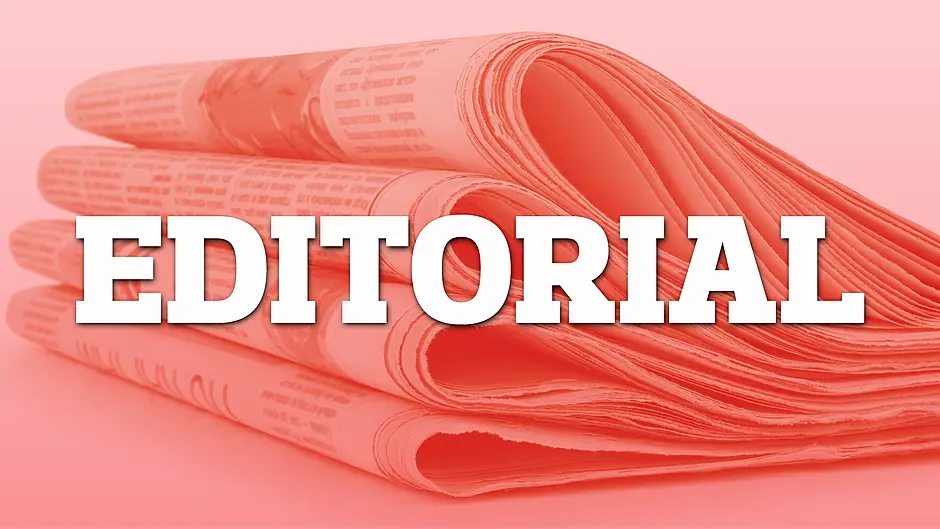HELPING ease the humanitarian crisis that has been caused by Russian’s vicious invasion of Ukraine is something we can at least get to grips with. Over €9m was raised just this week in Ireland after the Irish Red Cross lodged an appeal in the Irish media. Every town and village has drop-off points for items that are being shipped by the truckload to Poland to greet the refugees crossing the border.
Give the Irish a mission and we will come up trumps every time.
But it is the other consequences of war that are a bit more difficult to navigate and there are quite a few of those coming at us right now.
The most pressing one is the rising price of fuel. It was already on an upward trajectory even before Russia’s attack on democracy, but in recent days it seems to be spiralling out of control.
The surge in the price of oil on international markets has now filtered down to the price at the pumps and for home heating oil.
Anyone who has had to fill a car’s tank in the past week will have received quite a shock. And even if your home is a passive paradise, and your car runs on a battery, you won’t escape the grip of this current inflationary phase. The 20 cent reduction in excise duty announced on Wednesday will save the average motorist €240 a year – but the AA said this won’t be enough to avoid record fuel prices. And remember, every item we buy is transported to us, most likely by a method that uses a large amount of fossil fuels. As an island nation, we are particularly vulnerable to rising transport costs.
And if that wasn’t bad enough, there were many raised eyebrows this week among our farmers when the government mooted the idea of asking them to grow more grain and crops in order to offer some protection against any possible food shortages.
It might sound like a no-brainer, but asking our already embattled farmers to switch to a new type of production – at a time when fuel and fertiliser costs are already them causing major headaches – went down like a lead balloon. In response to the idea, ICSA president Dermot Kelleher, representing cattle and sheep farmers, said the government needed to focus on fuel and fertiliser costs before talking about increasing crop production.
‘Before any plans are hatched to substantially increase crop production, we need to make sure that adequate supplies of grass and silage are maintained,’ he said, and he warned: ‘This is not straightforward due to the catastrophic increase in fertiliser and fuel costs. Many cattle and sheep farmers are going to struggle to make the normal quantities of silage unless something is done about escalating costs.’ And he made a very good point – one that will not be lost on the decision makers in Brussels. He said that while the ICSA agrees that we need to grow more grain in Ireland, it is ‘not a simple matter of waving a magic wand’.
The ICSA believes the current crisis is a real wake-up call for EU and national decision makers. He said that for years, we have talked about the need for food security and the need to enable EU farmers to ramp up renewable energy production.
Unfortunately, he added, both of these have been sidelined by what he called the ‘out-of-touch EU Farm to Fork’ and biodiversity strategies. In particular, we have to re-examine the Cap focus on lowering production which will turn out disastrous, given what is going on in Ukraine, he said.
He may have hit a nerve there. But you could also say that the EU’s decision makers would not normally have had a war in Europe at the top of their thoughts when writing agricultural policy.
It is a strange world we are living in, no doubt.
And we might have to brace ourselves for some very hard decisions about future food production, and prepare to engage in what will ultimately become a very sensitive balancing act between the long-term future of the planet and the short-term security of its citizens.








